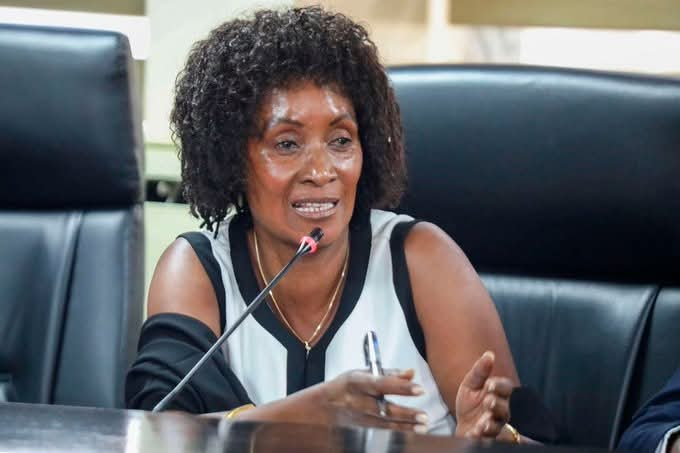CS Duale Disputes TSC’s Claim About 360,000 Teachers Excluded from SHA
Following the Teachers Service Commission’s (TSC) announcement that many teachers across the country are unable to access medical services through the Social Health Authority (SHA), the Ministry of Health has clarified that all teachers are eligible for the government-supported medical program.
In a statement released on Saturday, April 27, Health Cabinet Secretary Aden Duale emphasized that teachers and their dependents can receive medical care through the Primary Healthcare Fund (PHC), the Social Health Insurance Fund (SHIF), and the Emergency, Critical, and Chronic Illness Fund (ECCIF).
“All teachers and their dependents qualify for the benefits package offered by the Social Health Authority (SHA) through these three funds—Primary Healthcare Fund (PHC), Social Health Insurance Fund (SHIF), and Emergency, Critical & Chronic Illness Fund (ECCIF)—just like any other registered and contributing Kenyan,” he stated.
Duale also noted that employers of teachers in the country have the option to provide additional medical insurance, which is not managed by the SHA.
He mentioned that the commission could choose to enroll its employees in the Public Officer Medical Scheme Fund, allowing them to determine supplementary benefits based on their budget.
“Employers like the Teachers Service Commission (TSC) can offer complementary insurance for their employees to provide extra benefits through a legitimate insurance underwriter,” he explained.
“The Social Health Authority does not oversee the TSC’s supplementary medical coverage, which is provided by a private insurance company,” he added.
Duale’s comments came just two days after Nancy Macharia, the CEO of the Teachers Service Commission (TSC), addressed the National Assembly on April 24, claiming that the Authority had refused to enroll over 360,000 teachers.
Macharia stated that the Authority cited a lack of adequate infrastructure nationwide to accommodate the teachers and indicated that Ksh 37 billion would be needed to establish the necessary facilities.
“Last year, when we faced issues with Minet, we aimed to transition our teachers to SHA. We have consistently sought to have our teachers under the national insurer, even during the NHIF era,” she remarked.
“We met with SHA before renewing our contract with Minet for this final year, and they informed us that they lacked sufficient infrastructure. They indicated that they would require Ksh 37 billion to enroll our teachers, but even then, they were not prepared to take them on this year,” she added.
